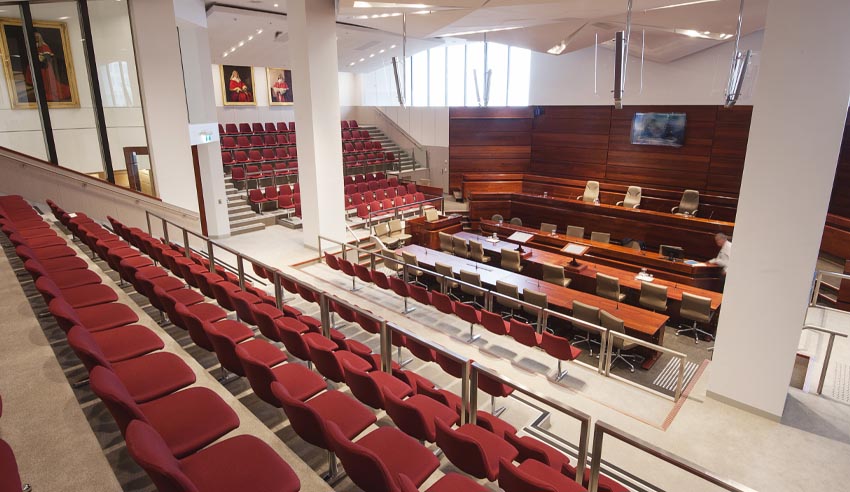Neither the Law Society of NSW nor a solicitor found to have engaged in professional misconduct and unsatisfactory professional conduct emerged the winner of an appeal.

NSW’s Law Society appealed against a decision made by the Civil and Administrative Tribunal on the fate of solicitor Myroslava Zhukovska over conduct in 2013 and 2014, amounting to professional misconduct and unsatisfactory professional conduct.
While her practicing certificate was cancelled, she received a reprimand, fine and was precluded from receiving a practicing certificate for 12 months, the NSW Law Society appealed against the decision on grounds Ms Zhukovska should have been removed from the roll of practitioners and, failing that, conditions should have been clarified.
“The proceedings before the [tribunal] called for the [tribunal] to make the determination as to the full consequence, for the solicitor, of misconduct, having regard to evidence before the [tribunal] as to whether she was a fit and proper person to practice in NSW, or would become fit and proper person upon the making of orders,” the Law Society wrote in its submissions.
“The [tribunal’s] failure to do so constituted error which vitiated its conclusion as to the appropriate protective orders to be made.”
The NSW Supreme Court of Appeal’s the Honourable Justice Mark Leeming SC noted the issue was in whether there was an error in the order that was made, particularly in relation to Ms Zhukovska’s practicing certificate and whether it should be removed.
The Law Society said the tribunal’s decision begged the question as to why it was not satisfied the solicitor was indefinitely fit to practice and that, having failed to make that finding, “the only available conclusion was that the solicitor was indefinitely unfit”, and her name should have been removed from the roll of practitioners at that time.
In response, Leeming JA said the submission contained many errors. First, there was an onus on the Law Society to show that the solicitor was unfit to practice permanently. Accepting the onus may shift, “it is wrong to reason the failure to find that the solicitor would be fit to practice entailed that the solicitor would be indefinitely fit to practice”.
This principal submission was rejected, with Leeming JA accepting that while she was not presently fit to practice as a solicitor, he questioned whether Ms Zhukovska would be permanently unfit to practice: “I join with the [tribunal] in not being satisfied that she will probably be unfit to practice for the indefinite future.”
“If the [tribunal] was not satisfied that she was probably permanently unfit to practice – but was unable to determine when she would become fit to practice – then the [prior] cancellation order, not the removal from the roll, was appropriate,” he said.
The other issue submitted by the Law Society was the tribunal’s failure to clarify what conditions were on Ms Zhukovska’s practicing certificate. The tribunal opted to leave the conditions to the Law Society, post the 12-month restriction on the certificate.
In failing to impose the conditions itself, the Law Society argued that it would create a risk that it would be “too harsh (or too lenient) in determining the conditions that should be implemented, in respect of the legal practitioner that has been judged to be unfit to practice by the [tribunal] at the time of its decision”.
While not accepting the entirety of either side’s submissions, Leeming JA noted there was a material error within the tribunal’s conditions decision. He ordered that, instead, the solicitor attend and satisfactory complete courses and provide evidence by way of statutory declaration formally acknowledging the instances of misconduct.
“Then it would be open to the Law Society in determining an application for a practicing certificate to conclude that she was a fit and proper person [to practice]. It would then be for the Law Society to make its decision if and when an application is made,” he said.
“As the Law Society pointed out, that decision would give rise to rights of appeal – but there is no alternative to that course, in the fairly unusual present circumstances where it cannot presently be concluded that Ms Zhukovska will become fit to practice, where the Law Society failed to make out a case of probably indefinite unfitness to practice.”
Neither party was entirely successful on the appeal and Leeming JA has permitted the parties both be heard in relation to costs.
